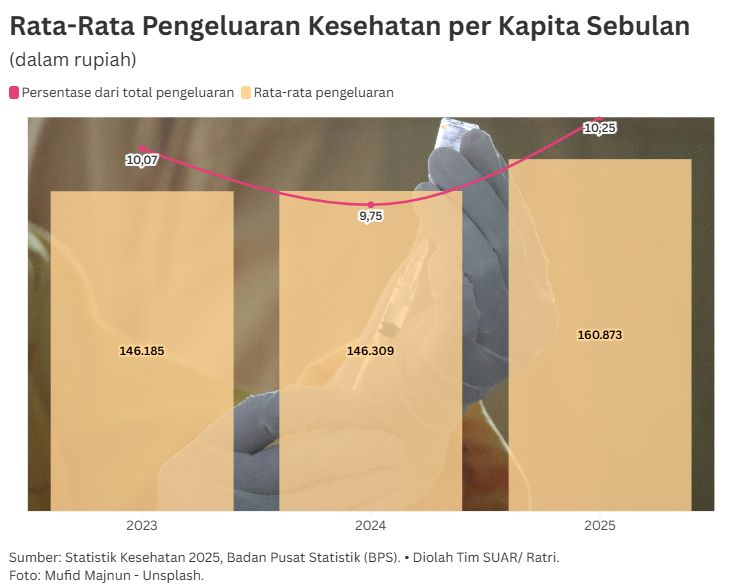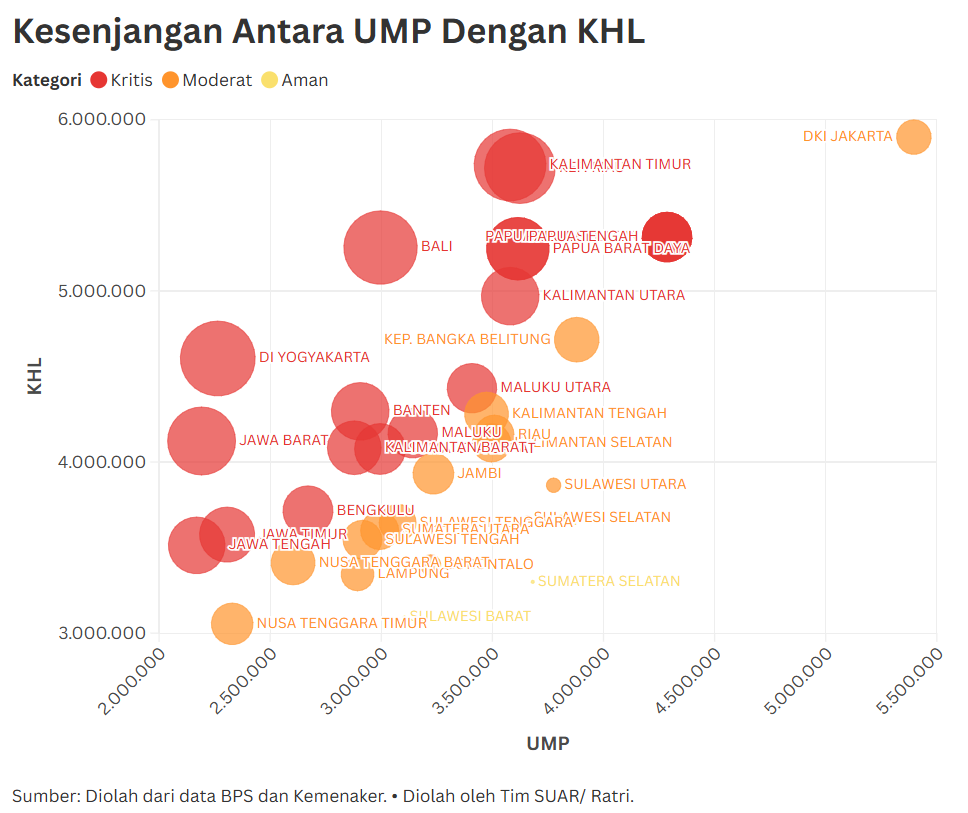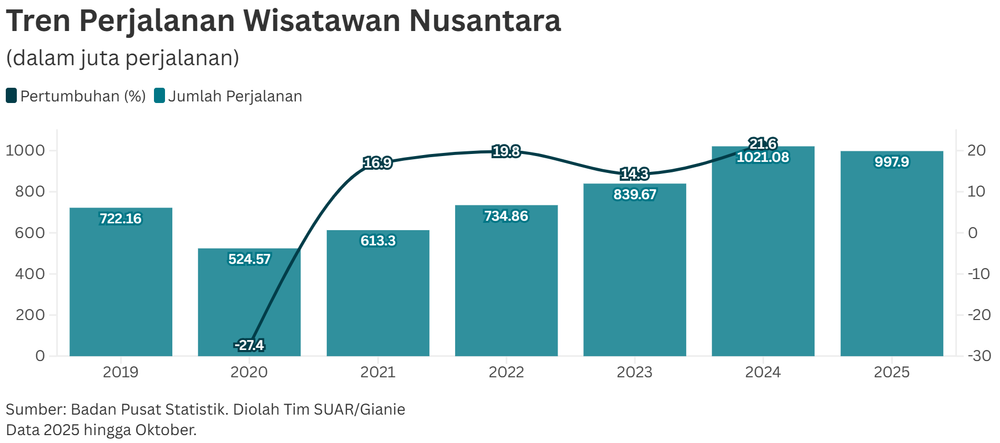Investors place high trust in the Gresik Special Economic Zone (SEZ), East Java. Of the investment value of Rp 92.8 trillion, the dominant contribution comes from the private sector or business actors of Rp 83.3 trillion.
Within the framework of the national mission to accelerate industrialization, the success of the Gresik Special Economic Zone (KEK) proves that optimizing and establishing KEKs can be a strategic key for Indonesia to create a conducive business climate.
The concept of industrial localization through KEKs is believed to be able to suppress the national Incremental Capital Output Ratio (ICOR), which fundamentally measures investment efficiency. Data shows that Indonesia's ICOR is still around 6, indicating that large investment capital is needed to generate relatively small economic growth.
On several occasions, including at the national working meeting and KEK performance evaluation (6/9/2025), Coordinating Minister for Economic Affairs and Chairman of the National KEK Council Airlangga Hartarto conveyed that KEKs show a real contribution to the Indonesian economy. This is reflected in the ICOR achievement in the range of 2–3, much smaller than the national average which reaches 6. This significant difference confirms the much higher capital efficiency within the KEK.
The effectiveness of the Gresik KEK cannot be separated from strong investment-attracting factors. A strategic location with adequate industrial infrastructure, such as integrated port access, reliable energy and water supply, and a good road network, ensures smooth operations and reduces logistics costs for investors. The availability of this physical infrastructure streamlines the business process, from raw materials to product distribution, which directly contributes to the low ICOR in the region.
The economic zone in Gresik Regency also contributes nearly half of the regency's gross regional domestic product (GRDP). The contribution value of the manufacturing or processing industry in Gresik Regency continues to grow. Despite experiencing a decline during the pandemic, the processing industry managed to rebound and steadily increase in both value and percentage of GRDP. In 2024, the value even reached Rp 60.32 trillion, or 50.6% of the total GRDP of Gresik Regency.
The development of an economic ecosystem in this region is also being developed through access to the vocational education sector. In collaboration with educational institutions, the Gresik KEK has established a vocational education center that is relevant to the needs of local industries, such as the main activities of the metal, chemical, electronics, energy, and supporting and logistics industries.
The real impact of the Gresik KEK on the regional economy is also clearly visible. Investment realization in 2024 reached Rp 26.5 trillion, fulfilling 90.3% of the set target of Rp 29.34 trillion. This demonstrates solid performance. In addition, the realization of employment in 2024 reached 7,656 people, or more than 100% of the target of 1,509 people.
Cumulatively, the Gresik KEK has absorbed approximately 39,656 workers and attracted 30 business actors. In 2024, there were an additional 7 new business actors, including PT Freeport Indonesia.
Thanks to the growth of the processing industry in Gresik Regency, the gross regional domestic product (GRDP) based on constant prices (ADHK) also continues to increase, reaching Rp 60,317.76 billion in 2024 or 50.6% of the total GRDP.
Looking at the positive achievements in investment absorption, job creation, and increased investment efficiency, the Gresik KEK can become a pilot model in the development of effective KEKs in Indonesia. Its success proves that a combination of strategic location, integrated infrastructure, and pro-investment government policies can make KEKs a powerful instrument to accelerate industrialization and increase national economic competitiveness at a global level.
The Coordinating Minister for Economic Affairs also conveyed that the KEK development model is key to achieving a more efficient national ICOR target and realizing sustainable economic growth.





